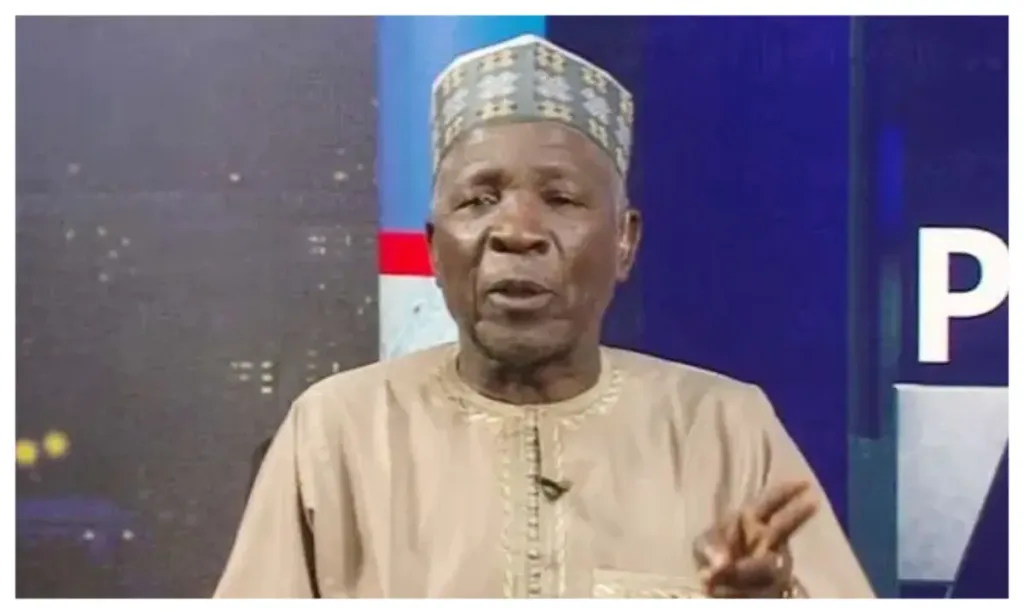A prominent chieftain of the New Nigeria Peoples Party, Buba Galadima, has cautioned members of the African Democratic Congress coalition that they face a significant challenge in their bid to unseat President Bola Tinubu in 2027. In a recent interview with Arise Television’s Prime Time, Galadima expressed his concerns about the coalition’s ability to defeat the ruling All Progressives Congress, citing the disorganization among its members.
Galadima noted that some members of the coalition have switched parties, moving from the Social Democratic Party to the African Democratic Congress, in an effort to strengthen their chances against the APC. However, he emphasized that this strategy may not yield the desired results, given the coalition’s lack of cohesion. The likes of former Vice President Atiku Abubakar, Nasir El-Rufai, and Rotimi Amaechi are among those who have joined the coalition, seeking to remove President Tinubu from office in the next election.
According to Galadima, he had previously warned the coalition about the difficulties they would face in trying to defeat the APC under President Tinubu’s leadership. He stated, “I warned those trying to form a coalition now, and they didn’t listen. They think it will be easy to defeat the APC under this president? See how they are running from one party to another. Yet, they are disorganized. From SDP to ADC now.” Galadima attributed the coalition’s disorganization to selfishness, which he believes will ultimately lead to their downfall.
The African Democratic Congress coalition is one of several opposition groups seeking to challenge the APC’s dominance in Nigerian politics. As the 2027 elections approach, the coalition’s ability to present a unified front and mount a credible challenge to the ruling party will be crucial in determining their success. With Galadima’s warning, it remains to be seen how the coalition will respond and whether they can overcome their internal divisions to pose a significant threat to President Tinubu’s re-election bid. The outcome of this political maneuvering will have significant implications for Nigeria’s political landscape and the future of its democracy.
